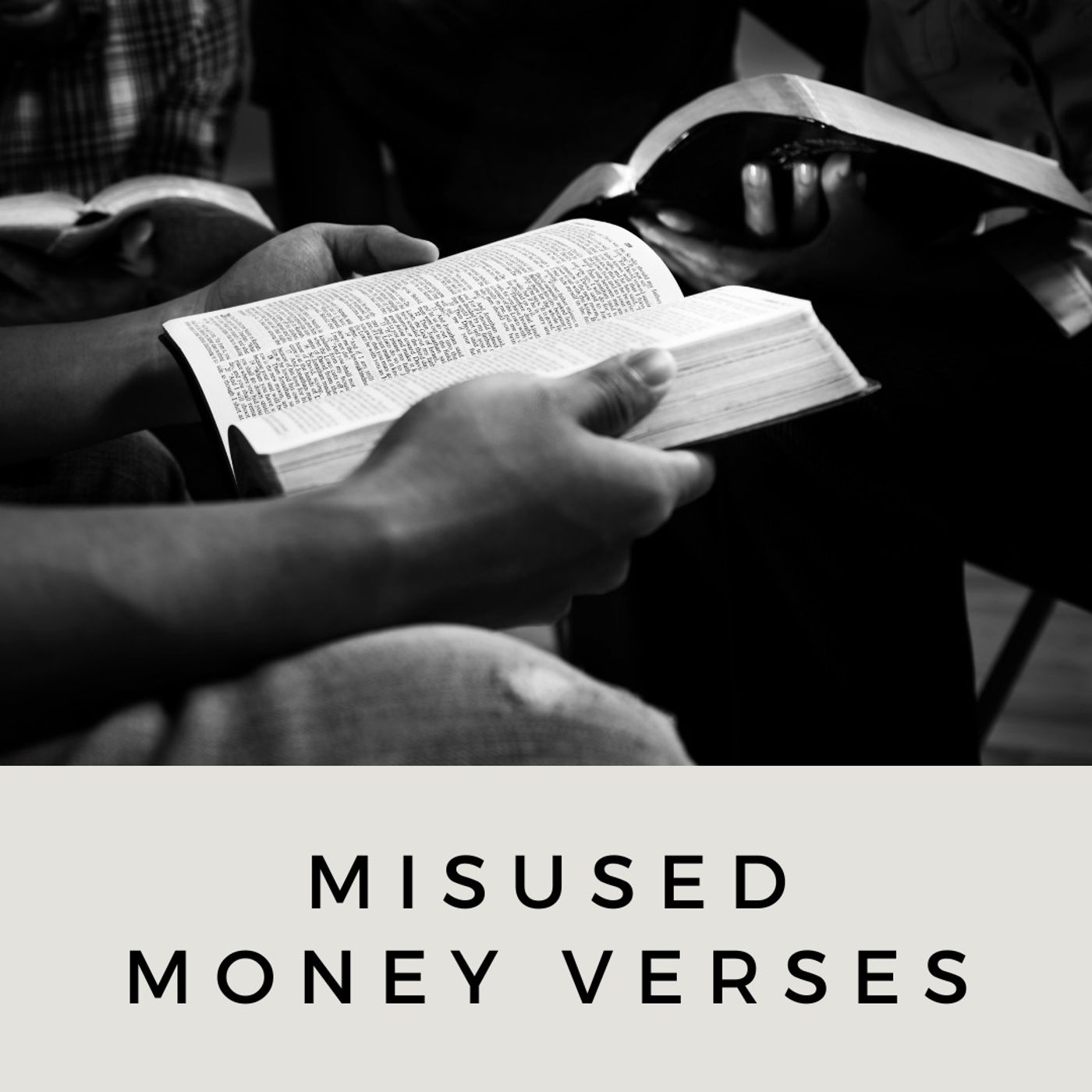Let's Be Honest
Faith & Finance with Rob West
For Christians, honesty isn’t just the best policy— it’s the only policy. God’s Word commands His people to be honest. We’ll talk about the case for total financial honesty today on Faith and Finance.

Show Notes
The Bible is filled with directions for living the Christian life, but not all of them made it into the Ten Commandments. Exodus 20:16 reads, “You shall not give false testimony against your neighbor.”
That’s a very broad commandment. It doesn’t apply only to legal proceedings or even finances, for that matter. It means we are never to be dishonest anywhere at any time.
Now, I know what you’re thinking. “What about Exodus 1, where the Israelite midwives deceive Pharaoh to protect infants … and Joshua 2, where Rahab lies to save the Israelite spies? Why are those cases seemingly acceptable to God?
Well, those were times when two conflicting moral imperatives collided head-on, telling the truth and saving lives. Because we are made in the image of God, saving human life obviously wins out and that’s what the midwives and Rahab did.
But it’s very unlikely any of us will ever be in a similar situation, so let’s get back to why honesty is so important for the rest of us.
GOD IS TRUTH
And that’s simply because it’s so fundamentally important to God. He’s completely and utterly holy and cannot abide sin of any kind, including dishonesty. God is truth.
Jesus says in John 14:6, “I am the way, and the truth, and the life. No one comes to the Father except through me.” Compare that to Satan— whom Jesus describes in John 8:44 as, “a liar and the father of lies.”
The world is watching to see which side we’re on. We’re image bearers of God— so we must always be scrupulously honest.
Now, as we turn to financial honesty specifically, you might wonder why we’re not focusing on another commandment, “Thou shalt not steal,” which comes right before “thou shalt not lie.”
We don’t think that’s a coincidence. Those two commandments are linked and expand on each other. It’s difficult to do one without doing the other. When it comes to finances, they’re two sides of the same coin. How can you steal without first being dishonest?
You Might Also Like

January 9, 2026
Financial Sayings the Bible Never Said
Counterfeit ideas have been tripping up God’s people since the garden. Rob West reminds us the only way to recognize the...

January 9, 2026
Our Ultimate Treasure: God Is Our Provider
Money touches almost every corner of our lives—and often our fears. When bills rise, when income feels uncertain, and wh...

January 8, 2026
The Bible On Retirement
Is retirement biblical? Rob West points out a Christian’s view of retirement should be different from the world’s. We sa...